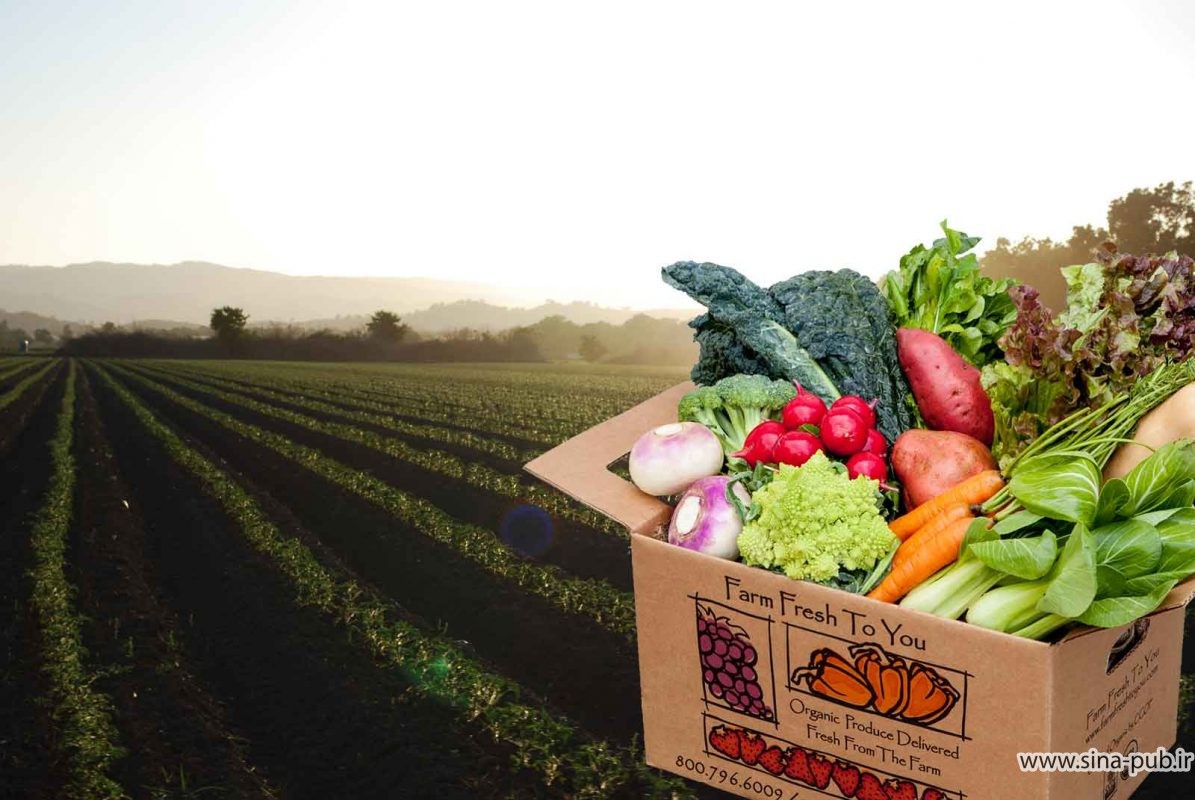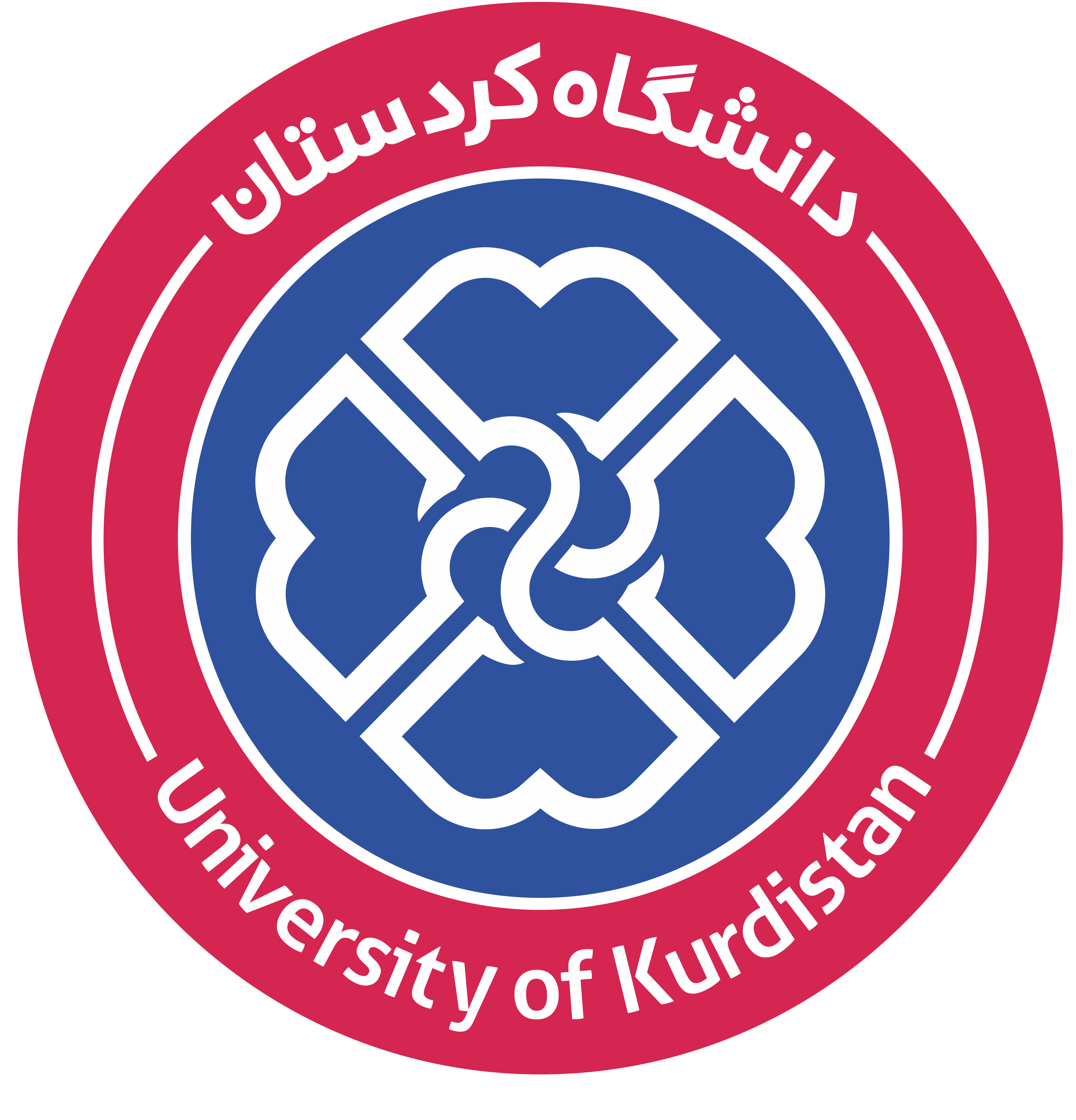Upon completion of their studies, graduates in Agricultural Economics are qualified to assume professional responsibilities in various sectors related to the production, distribution, and consumption of food and raw materials required by other industries. Key responsibilities include:
- Preparation, formulation, and economic evaluation of agricultural projects.
- Conducting economic feasibility studies for agricultural projects or comparative analyses of multiple projects.
- Economic analysis of large-scale projects related to the agricultural sector, such as dams.
- Developing economically optimal cropping and production patterns for small and large-scale agricultural units.
- Analysis of costs and revenues in agricultural production.
- Applying mathematical modeling to determine the technical coefficients of production factors, measure their efficiency, and optimize resource allocation.
- Marketing and market management of agricultural products, both domestically and internationally.
- Collaborating with consulting engineers on the economic justification of regional and national agricultural projects.
- Proposing research projects on various issues within agricultural economics.
Teaching scientific theories of agricultural economics. Consequently, various centers and units involved in the production, processing, distribution, and consumption of agricultural products, and which are connected to the economic aspects of this sector, can recruit graduates of this field to meet their specialized needs. |
















